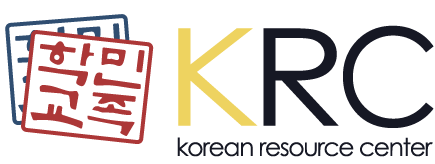Media Advisory
October 23, 2006
For Immediate Release
Contact:
Caroline Lee
Korean Resource Center
323. 937. 3718
clee [at] krcla.org
Barriers in Receiving Life Saving Medications
WHAT:
Community leaders and health advocates will articulate on how the lack of Korean written materials regarding changes in Medicare Part D in 2007 is impacting the most vulnerable members of our community. The Korean Resource Center will be introducing a Language Access Survey that will assess the effectiveness of Medicare Part D written materials sent to Korean American senior citizens in Los Angeles.
WHEN:
Wednesday, October 25, 2006, 11:30 AM
WHERE:
Korean Resource Center
900 S. Crenshaw Blvd.
Los Angeles, CA 90019
WHO:
Caroline Lee, Health Access Program Director-- Korean Resource Center
Toni Vargas J.D., Staff Attorney -- Health Consumer Center
Shirley M. Yee, L.A. Center Director -- National Asian Pacific Center on Aging,
Irene Hong, Language Access Program Coordinator -- Korean Resource Center
Henry Kim - Client Testimony
Jae Ae Choi -- Community Health Promoter (A Senior Citizens Advocacy Group)
WHY:
The elderly members of our community are facing obstacles from an already complex prescription drug program layered with the lack of language access. Mr. Henry Kim will share a personal story regarding his wife’s struggles in her attempts to get coverage for Procrit, a medication she needs to keep her alive as her kidneys are only functioning at 40% capacity. For over 7 months, Mr. Kim and his wife lived in constant anxiety as they feared being unable to afford such a necessary yet unaffordable drug.
59% of Korean Americans are Limited English Proficient (LEP), the second highest population in Los Angeles County. The Korean Resource Center’s latest survey of its client population found that 95% of those over 65 years were LEP. The most recent California Health Interview Survey found that 22,000 Korean American seniors are Medicare and Medi-Cal recipients, but none will receive notification letters in Korean. As a result, these seniors may face out-of-pocket costs and premium charges for prescription drugs which they desperately need but cannot afford.
Recognizing that all immigrant communities have a stake in health access, the results of the introduced Medicare Part D Language Access Survey will be used to advocate for language services to better effectively inform our community.
